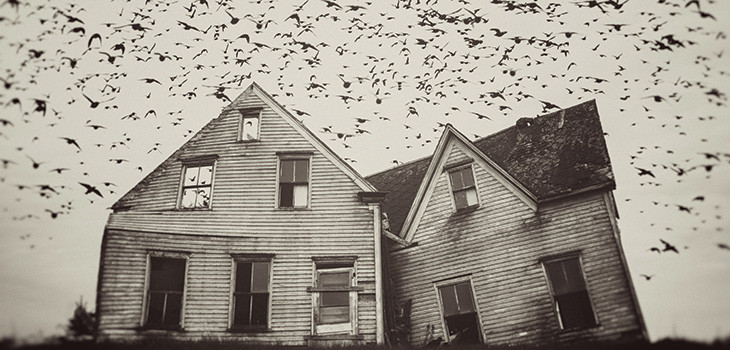
As we know, the rule of caveat emptor, ie let the buyer beware, places the burden squarely on the purchaser to act prudently in finding out about the fitness and value of the property they are seeking to buy. There are, of course, exceptions involving latent defects in title and active concealment of physical defects, as well as positive misrepresentations in respect of the property. Significantly, the American courts have gone further and been prepared to create a new exception to the rule where a state of affairs exists which materially impairs the value of the property and is peculiarly within the vendor’s knowledge or unlikely to be discovered by a prudent purchaser exercising due care in making enquiries. In one case, this principle was applied to render a vendor liable in damages for failing to disclose the fact that the house was allegedly the site of poltergeist activity.
American poltergeists
The point was considered by the











